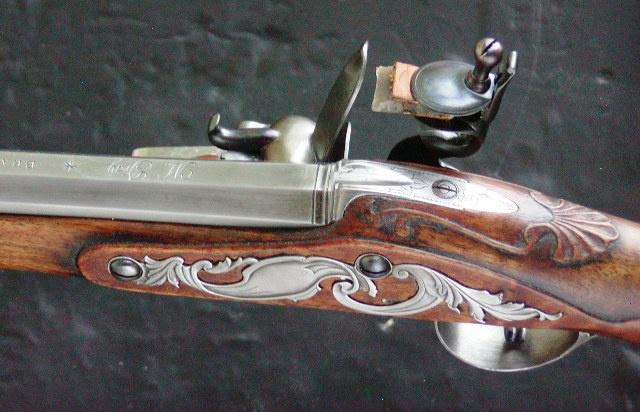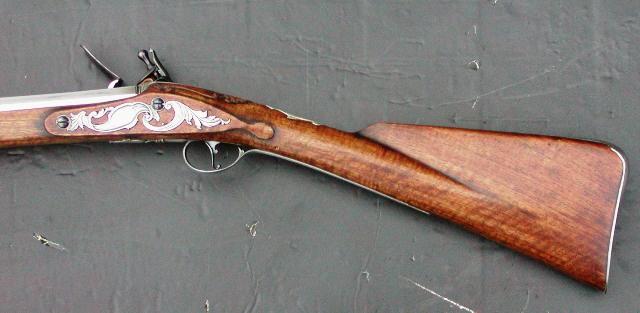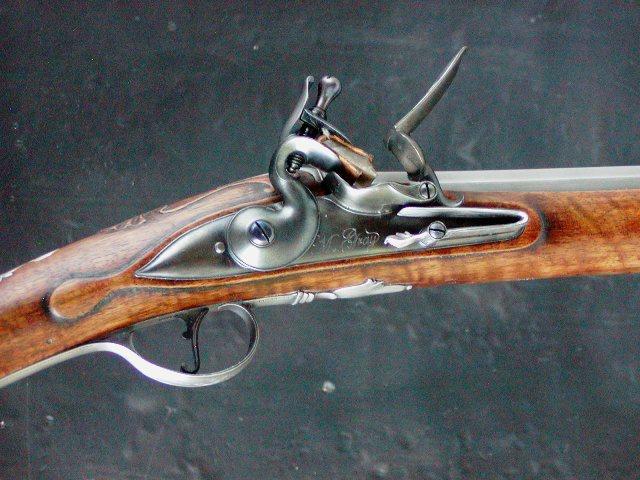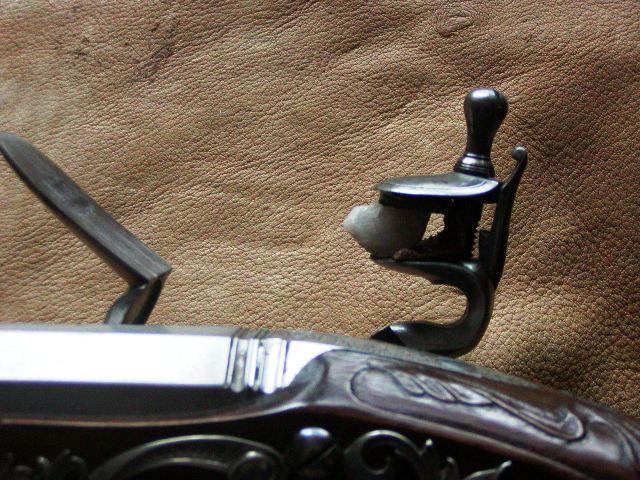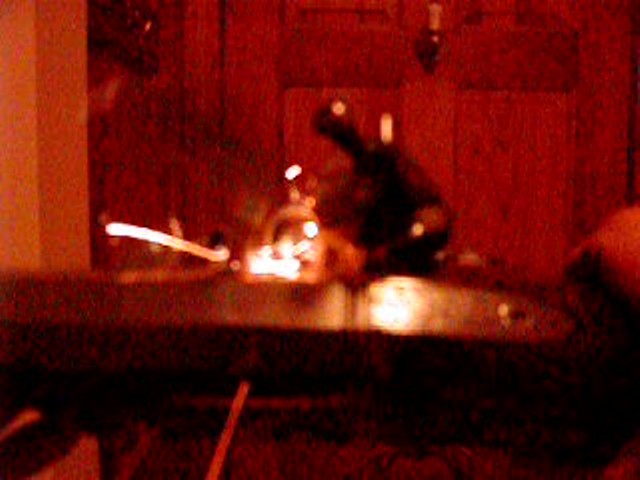Philip A.
32 Cal
Which manufacturers supply barrels that are not 12L14 steel?
I know, I know... Thousands and thousands of barrels made from that cold-rolled screw stock perform very well and have not blown up... But that steel is simply NOT what I'd pick if I was making my own barrels, even though it's good enough for usual BP pressures.
Anything one makes is "good'enuff" somewhere, but where do you place the bar? Rolex parts and Timex parts both have a good'enuff limit, but it's not in the same place...
I know, I know... Thousands and thousands of barrels made from that cold-rolled screw stock perform very well and have not blown up... But that steel is simply NOT what I'd pick if I was making my own barrels, even though it's good enough for usual BP pressures.
Anything one makes is "good'enuff" somewhere, but where do you place the bar? Rolex parts and Timex parts both have a good'enuff limit, but it's not in the same place...





